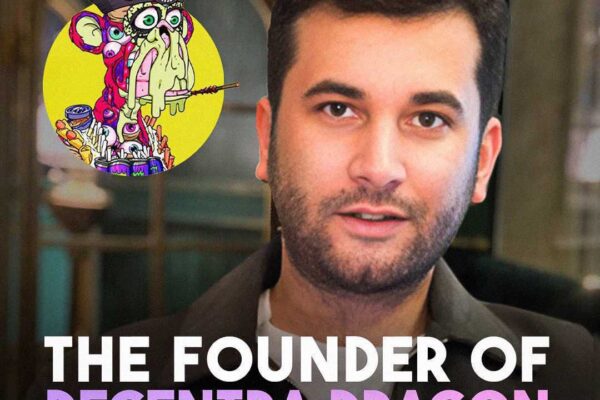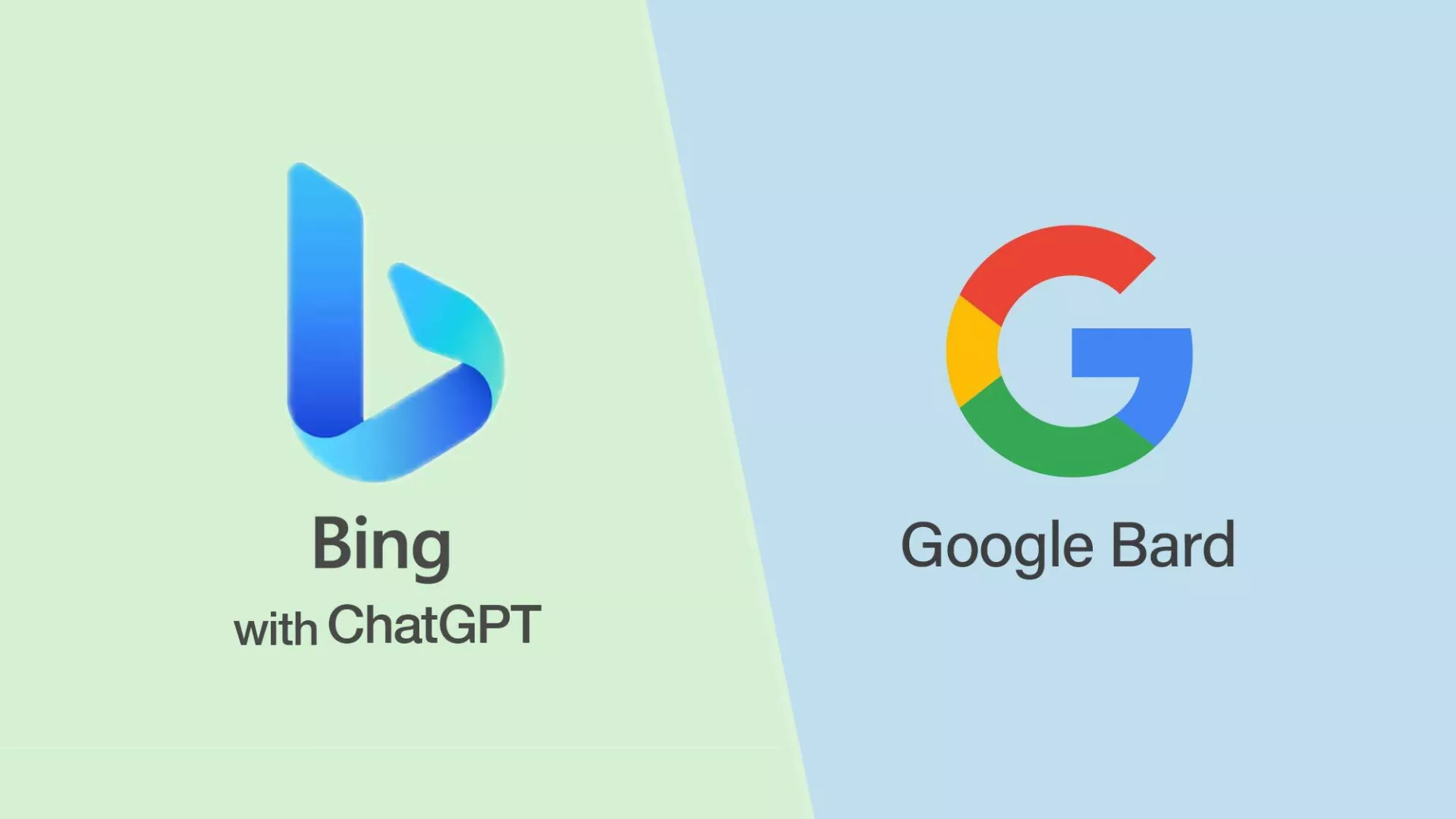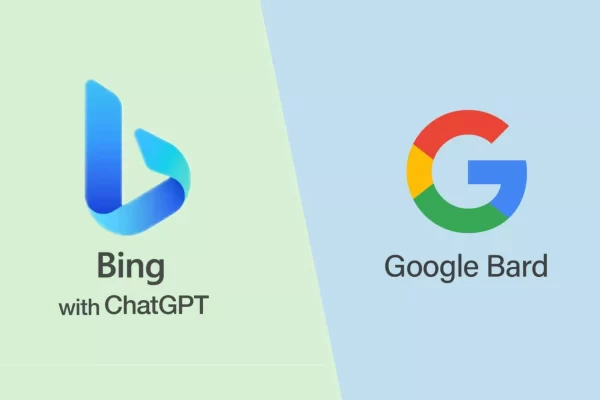Google Bard, Microsoft’s revamped Bing chatbot, and Baidu’s ERNIE are locked in an intense race to lead the pivot towards conversational AI and dominate the nascent chatbot space. With multibillion-dollar investments, acquisitions, and talent grabs, tech giants like Google, Microsoft, and Baidu are fiercely competing to own this next-generation AI technology that is already reshaping landscapes.
The battle between these high-profile chatbots backed by resource-rich technology conglomerates will have enormous implications on who steers the future of ambient computing through natural language AI.
The Next Computing Era Hinges on Natural Language
An AI arms race is ramping up to capitalize on the disruptive rise of large language models. These foundational models demonstrate human-like conversational ability, intelligently responding to text or voice prompts.
Also called chatbots or virtual assistants, systems like Google’s Bard, Microsoft’s retooled Bing chatbot, and AI leader ChatGPT developed by OpenAI indicate a seismic shift towards more natural user experiences.
By enabling intuitive search, recommendations, and automation simply through natural dialogue, these ambient AI agents aim to make interacting with technology feel less like programming rigid devices and more like conversing with human partners.
The tech giants investing billions view conversational AI as ushering in the next transformational era of computing. Competitive moves reveal how much future dominance hinges on this space.
Google Launches Bard to Counter ChatGPT Buzz
After ChatGPT sent shockwaves by showcasing new conversational powers, Google rapidly introduced Bard in January 2023 as its countermove.
Bard leverages Google’s existing Language Model for Dialogue Applications (LaMDA), which can craft startlingly coherent responses based on trillions of internet parameters.
While initially gaffe-prone, Bard’s capabilities are expected to quickly evolve thanks to Google’s engineering prowess and wealth of data from billions of searches.
Critically, Bard isn’t siloed like ChatGPT. Instead, Google envisions Bard seamlessly integrated across its ecosystem, from search to maps, intelligently conversing and recommending.
This ambient AI infusion aims to provide Google’s services with a vital refresh, though risks like misinformation accompany the promise.
Microsoft Bets on New Bing Under Satya Nadella
Not to be outdone, Microsoft unveiled a souped-up Bing search engine integrated with chatbot technology from OpenAI.
The new Bing aims to outdo Google by serving up conversational, contextually-relevant results rather than just links and snippets.
Microsoft gained exclusive access to OpenAI’s capabilities by investing billions as part of CEO Satya Nadella’s savvy pivot toward AI’s disruptive potential.
The integration blends OpenAI’s strengths with Microsoft’s cloud scale and productivity software reach. By baking conversational AI into its suite, Microsoft can differentiate itself from rivals.
However, glitches during the launch highlighted challenges in balancing automation with human oversight. There are no shortcuts to safely training rock-solid AI.
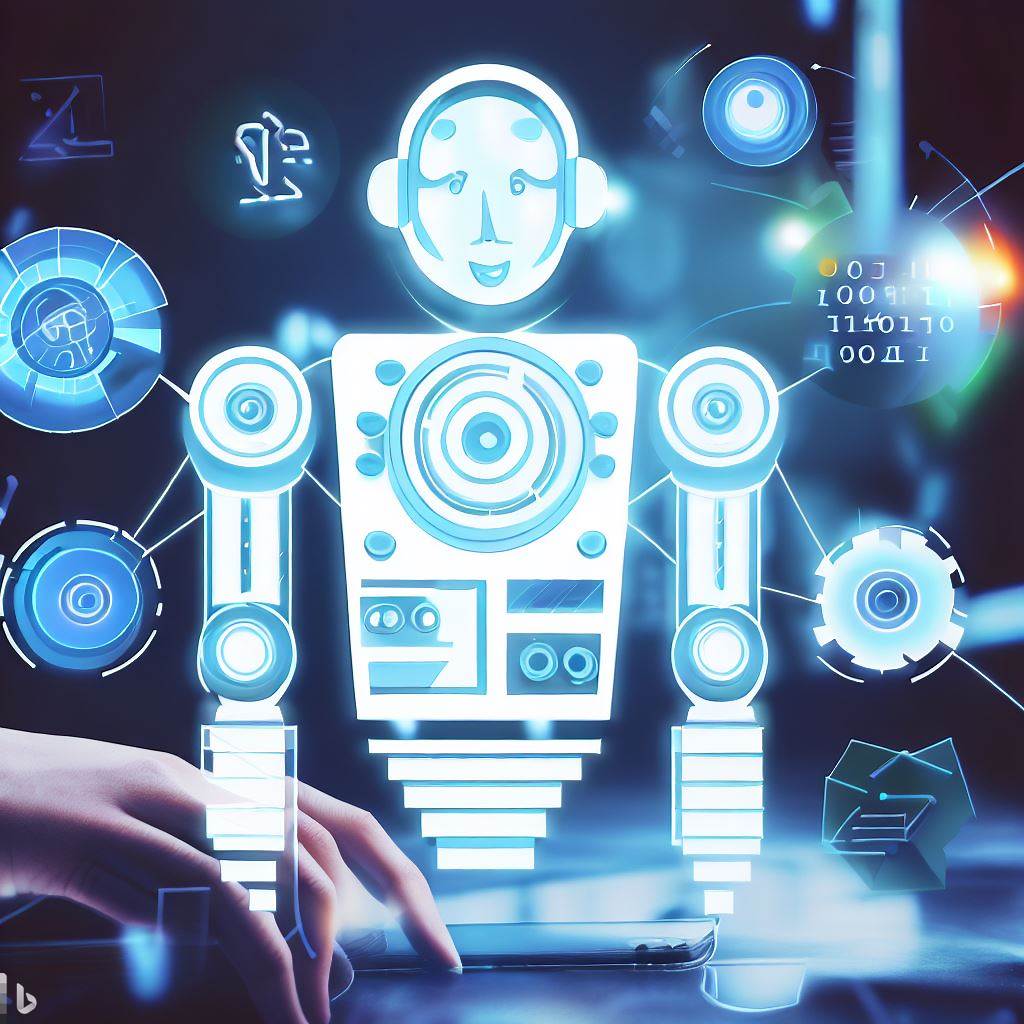
ERNIE Pioneers Self-Evolving AI at Baidu
Chinese tech leader Baidu has also introduced a conversational AI system called ERNIE, aiming to compete globally.
The “Evolving Representation through Knowledge Integration” system can continuously self-improve by learning from external datasets and human feedback.
ERNIE 3.0, its latest model, mastered multimodal abilities like generating images from text prompts and summarizing lengthy videos. Its self-evolving architecture could ultimately make it the most powerful chatbot.
Baidu also runs an AI ethics board and protocols aimed at responsible development, given risks like bias. Rigorous governance and oversight will prove essential as capabilities grow more formidable.
Startups Like Anthropic Take Measured Approaches
Away from Silicon Valley giants, startups like Anthropic are making inroads with prudent chatbot models like Claude.
While lacking big tech resources, Anthropic stresses narrow applications and proactive safety steps around issues like misinformation.
Its Constitutional AI manifesto outlines key principles, including respect for human rights and democratic values. This contrasts with friction in models like Bard and Bing.
Anthropic wants Claude to be the anti-ChatGPT—less hype, more safety. Its measured approach courts less controversy.
Key Ethical Concerns Emerge Amid the Hype
As conversational AI captivates mainstream interest, concerns around ethics and societal risks intensify:
- Proliferating misinformation when AI hallucinates falsehoods presented persuasively.
- Amplifying harmful biases if training data has a skew.
- Enabling malicious uses like automated phishing content.
- Facilitating cheating through on-demand tests and essay answers.
- Perpetuating job loss if AI replaces human roles.
Addressing these urgent challenges requires diligent governance and oversight mechanisms as the technology rapidly matures.
Preparing for the Conversational Future with Web3 Values
Critically, the collaborative ethos of web3 provides guidance on responsibly shaping conversational AI:
- Decentralize control rather than concentrate power in Big Tech silos. Democratize access to models.
- Use tokens and blockchains for transparency around training data provenance and financial incentives.
- Lean towards open ecosystems where diverse experts can collaborate on solutions.
- Incorporate community feedback and redress around model harms or ethical issues.
Blending these Web3 values with AI development can help counteract risks and pitfalls through collective oversight.
Final Thoughts on Steering Change Responsibly
The advent of conversational AI sparks immense opportunity alongside sobering risks. As tech giants pour billions into dominating this sphere, prudent governance framed by Web3 ideals offers critical guidance.
Rather than rushing recklessly or demonizing progress outright, society must steer change responsibly. Technology mirrors our values; where it falls short, we must guide it wisely.
Conversational AI’s benefits include democratizing information access to augmenting human abilities. Realizing this potential relies on evolving models ethically and inclusively.
By upholding accountability around transparency, privacy, bias, and control, we shape future systems that empower rather than subjugate. The stakes are immense, but so is our capacity for wisdom.
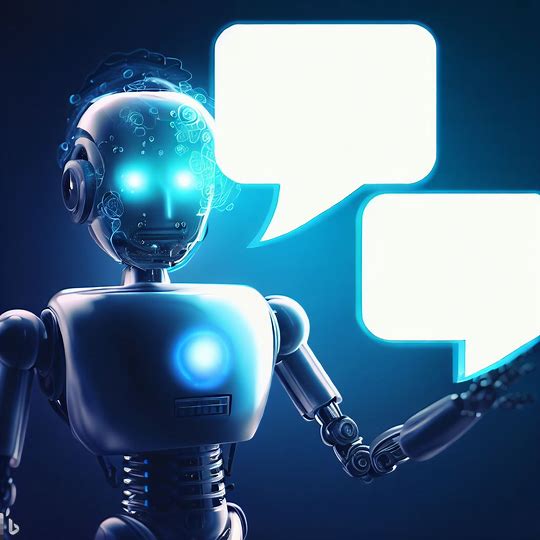
Want more? Connect with NFT News
Follow us on Twitter
Like us on Facebook
Follow us on Instagram
*All investment/financial opinions expressed by NFT News are from the personal research and experience of our site moderators and are intended as educational material only. Individuals are required to fully research any product prior to making any kind of investment.
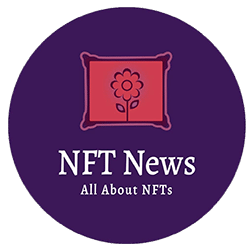
This information is published by the NFT News media team.

